What Aliens Teach Us About God, part 4: ‘Ancient Aliens’ Fall Short
The 2012 film Prometheus isn’t even close to the only media that discusses aliens coming to Earth in ancient times–if nothing else, the History Channel’s Ancient Aliens has been on the air for about twelve years. But the movie is one of science fiction’s most recent and noteworthy portrayals of aliens having come to Earth long ago and deeply affecting humanity.
In most versions of this kind of story, aliens visiting Earth greatly affected human cultures, but Prometheus takes this idea one step further. Aliens did not simply influence some rock paintings and possibly inspire some legends and myths about gods and/or monsters, they actually founded the human race. Though they essentially copied themselves in a slightly altered fashion to do so, since they are beings who have DNA which is shown to match human DNA.

Fictional cave art from Prometheus (2012): aliens giving out a star chart for humans to follow.
I would think it would be more impressive to think of Thoth, the ibis-headed god of Egypt who was seen as the founder of the art of writing, as being an alien. This was part of Stanley Weinbaum’s 1934 science fiction short story, Valley of Dreams (the ancient bird-headed aliens who had visited ancient Earth in that story were Martians. Naturally). At least in a case like that you ‘d be maintaining something truly different from us (in at least physical form) deeply affected our culture, which is an interesting idea. Maintaining that a race virtually identical to our race created us or influenced us is by contrast a rather strange and underwhelming backstory (we made us? really?–then who made the “us” who made us?).
The reason ancient alien stories are appealing to many people is they fall in line with common ideas about evolution. So if the inanimate universe, without a purpose or plan, created human life, why would it not create other life? And if other life, alien life, was indeed spontaneously belched forth by the unplanned stirring of just the right chemicals under the right conditions, who is to say aliens would not have traveled the stars when the human race had just begun to build stone houses and mud huts?
And we can also imagine that our present selves would be awe-inspiring to stone age or bronze age man. That our tech would wow them and they would see us as gods (I rather think most ancient people would see us as human in a heartbeat–though they might think of us as favored by the gods because of some of the tech we have). This relates to old applications of Darwinism that not even Darwinists agree is true–ideas of societal and cultural evolution. The notions that our culture is getting better over time, that our modern morality is automatically better than the old simply because it is newer, and that some day we will be so advanced that we would be unable to recognize ourselves.
So–some people imagine that aliens have done this previously. Before our own civilization flourished, extraterrestrials became so advanced that humans as we were then could not recognize the aliens for what they really were–simply a more advanced civilization. Instead we saw gods–or perhaps monsters.
But notice what kind of alien generally inhabits this kind of thinking. They’re actually projections of the human race, not as we really are, but as many people perceive us to be. These people imagine the human race to have spontaneously evolved without any real purpose or plan–and see our ancient alien visitors has having done the same. They imagine the human race went through a long period of growth and development. And see the ancient aliens in the same way. They believe that modern man would be awe-inspiring to the humans of the past (and we will be even more so in the future) and see the supposed ancient alien visitors in the same light.
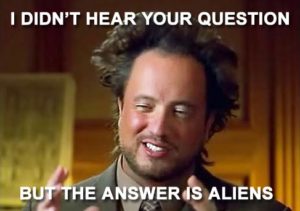 Yes, these aliens are almost always thought of as being physically different from us, but note that in modern thought our form is simply an accident caused by a series of events in our evolution. Since there’s nothing special about who we are physically, we could well have turned out different. Perhaps even having heads that look like an ibis. So the aliens imagined to have visited us in the past are in that way just like humans. Every bit as much a product of the machinery of the universe.
Yes, these aliens are almost always thought of as being physically different from us, but note that in modern thought our form is simply an accident caused by a series of events in our evolution. Since there’s nothing special about who we are physically, we could well have turned out different. Perhaps even having heads that look like an ibis. So the aliens imagined to have visited us in the past are in that way just like humans. Every bit as much a product of the machinery of the universe.
This sort of thinking is in effect simply a projection of who these people believe the human race to be, imagining our analogs existing in the past. The type of aliens that are what I called in part 1 of this series an exaggerated version of human beings. Modern man no longer creates gods in his own image as the Pagans did, but does imagine aliens who are essentially in his image, who are given the roles the ancient Pagan gods had.
God is much more alien than that. Our Creator is not a version of us projected into the past, who advanced just like we think of ourselves as advancing. God is something altogether different from us–altogether outside of time and having no need to progress to any higher form. Which is something some science fiction captures–but which “ancient alien” notions do not perceive.
Next time we will look at how the modern UFO phenomenon relates to this topic: Do the aliens people say they meet have any connection with the concept of our God being alien to the human race?
But for now, what do you think of this topic? Do you believe there’s any validity to ancient ancient alien theories? How do you explain Bible passages like Ezekiel chapter 1, where some people claim the Bible describes a UFO (i.e. aliens visiting Earth in ancient times)? What do you think of how the film Prometheus tackles this issue? Any other thoughts?
































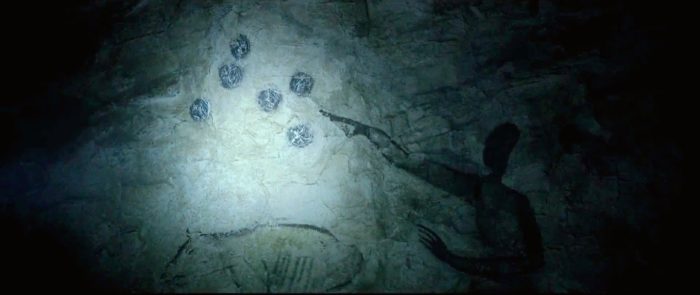



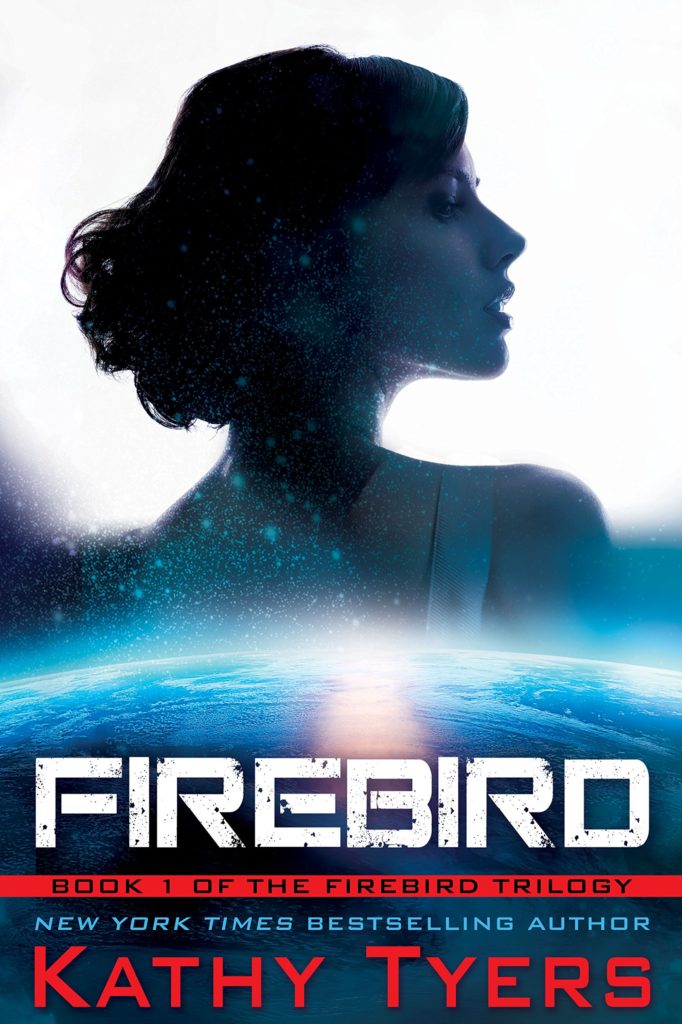



 Christian fiction stands in contrast to this open discussion about religion. Yes, in contrast. Despite what some say, who apparently haven’t read much Christian fiction of late, the prevailing philosophy among Christian writers and editors is that Christian fiction should not preach! Which is interpreted to mean, Christian fiction should not present Christ in an overt way.
Christian fiction stands in contrast to this open discussion about religion. Yes, in contrast. Despite what some say, who apparently haven’t read much Christian fiction of late, the prevailing philosophy among Christian writers and editors is that Christian fiction should not preach! Which is interpreted to mean, Christian fiction should not present Christ in an overt way. But in his first letter to the church in Corinth, Paul draws a distinction between “planting” and “watering” and “causing growth.” (See 1 Cor. 3:6-7). In other words, some messengers of the gospel are not reaping the harvest. They are busying plowing and planting.
But in his first letter to the church in Corinth, Paul draws a distinction between “planting” and “watering” and “causing growth.” (See 1 Cor. 3:6-7). In other words, some messengers of the gospel are not reaping the harvest. They are busying plowing and planting.  I think of speculative stories like Mary Weber’s
I think of speculative stories like Mary Weber’s 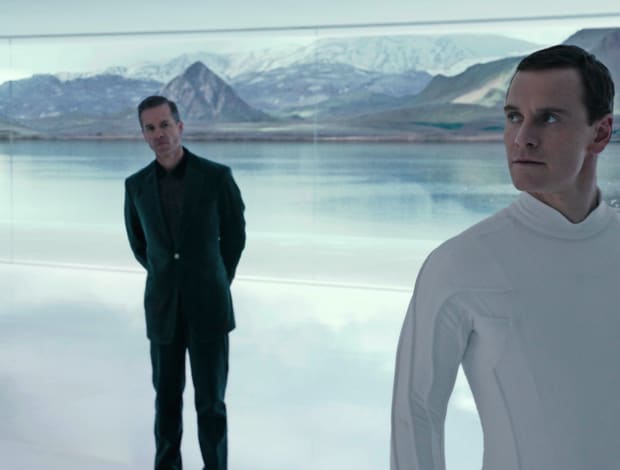


 My author is K. M. Weiland.
My author is K. M. Weiland. 

 I’m going to start with my last question. Because I think they absolutely have a place in our writing. If I didn’t think so, I wouldn’t be writing so many of them myself. The first time I realized I had truly written an antihero was with a short story I had published in an anthology titled Dark Heroes. My story,
I’m going to start with my last question. Because I think they absolutely have a place in our writing. If I didn’t think so, I wouldn’t be writing so many of them myself. The first time I realized I had truly written an antihero was with a short story I had published in an anthology titled Dark Heroes. My story, 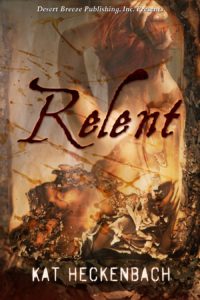 Likewise, when I began writing my latest novel,
Likewise, when I began writing my latest novel, 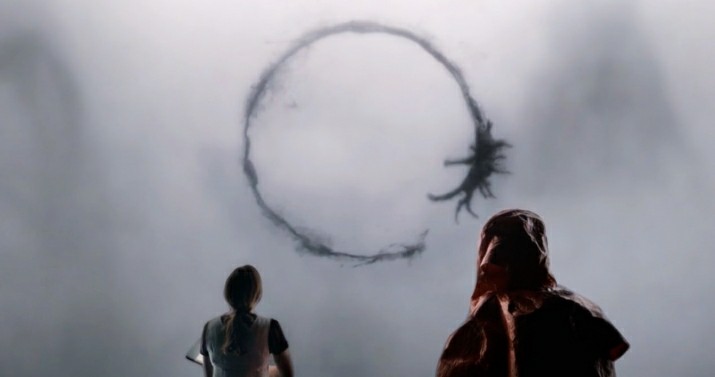

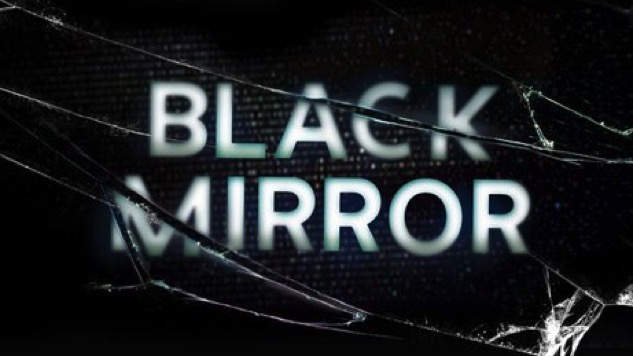
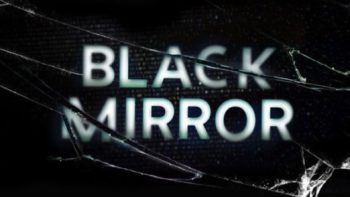

 At any rate, one by one the other members of the founding group departed—some to a different genre, some because of health reasons, some to get married, and some simply because life happened. About four years into our existence, E. Stephen Burnett, who had become a regular contributor, returned from his own goin’-ta-get-married hiatus to revitalize and enlarge the vision of the site.
At any rate, one by one the other members of the founding group departed—some to a different genre, some because of health reasons, some to get married, and some simply because life happened. About four years into our existence, E. Stephen Burnett, who had become a regular contributor, returned from his own goin’-ta-get-married hiatus to revitalize and enlarge the vision of the site. 2018 promises to be more of the same with a few tweaks. Stephen will move from his Thursday writing slot to Tuesday. On Wednesday Shannon McDermott and Mark Carver will continue to alternate weeks. Then on Thursday, filling in for Zac Totah, who is on wedding/marriage sabbatical, is Travis Perry. We’ve had the privilege to host Travis a few times this past year, and he officially kicked off his stint as substitute writer this past Thursday. If by chance you missed his
2018 promises to be more of the same with a few tweaks. Stephen will move from his Thursday writing slot to Tuesday. On Wednesday Shannon McDermott and Mark Carver will continue to alternate weeks. Then on Thursday, filling in for Zac Totah, who is on wedding/marriage sabbatical, is Travis Perry. We’ve had the privilege to host Travis a few times this past year, and he officially kicked off his stint as substitute writer this past Thursday. If by chance you missed his 


